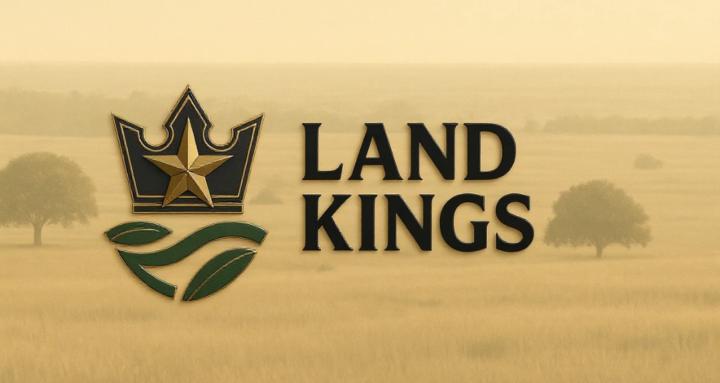Dec '24 • Land Flips and Acquisitions
Oil & Gas: Minerals, Wells, Leases, and Land Ownership 💡
A lot of people reach out to me asking questions about property they’ve inherited with oil wells on it. Many assume they own the well outright — but that’s not always the case. 🛢️ Let’s break down the key concepts of Oil & Gas Minerals, Wells, and Leases to help you understand what you may (or may not) own.
1️⃣ Minerals vs. Surface Rights
• Surface Rights: 🚜 These give you ownership of the land above ground. You can farm, build, or enjoy the property, but this doesn’t mean you own what’s beneath the surface.
• Mineral Rights: 💎 These are the rights to the oil, gas, and other resources beneath the ground.
• Minerals are often severed (separated) from the land.
• A property can have thousands of mineral owners, even if one person owns the surface rights.
❗ Key Insight:
Just because you inherited the land does not mean you own the minerals. The minerals may have been sold or retained by previous owners.
2️⃣ What Are Oil & Gas Wells?
• An oil well is the physical infrastructure used to extract hydrocarbons from beneath the earth. 🛠️
• A well on your property doesn’t necessarily belong to you.
• It could be operated under an Oil & Gas Lease, granting a company the right to drill and produce.
💡 Example:
You might inherit land with a producing well, but if you don’t own the mineral rights, you won’t receive royalties. Instead, you may only receive surface damage payments for the use of your land.
3️⃣ Valid vs. Invalid Oil & Gas Leases
• Valid Lease:
• A lease is a contract that gives an oil company the right to extract minerals.
• Mineral owners receive royalties, and the company operates the well.
• Invalid or Expired Lease:
• If a lease expires or becomes invalid, the mineral rights and surface rights may revert to the property owner, depending on state laws.
• An expired lease may mean the well is no longer producing, and the operator should remove equipment from the property.
4️⃣ What If Equipment Is Left Behind?
If the lease is no longer valid, and equipment is left on the property:
1️⃣ Check the Lease Agreement: Ensure the lease has expired or been terminated.
2️⃣ Send a Demand Letter: 📨 Contact the operator to request the removal of abandoned equipment.
3️⃣ Legal Action (if needed): If the operator doesn’t comply, consult an attorney to enforce your rights.
5️⃣ Key Takeaways for Owners
1. You Might Not Own the Well:
• Owning land ≠ owning the minerals or the well. Always confirm what rights you own.
2. Minerals Can Be Severed:
• Minerals might have thousands of owners. Check title records or hire a landman to verify.
3. Expired Leases Matter:
• If a lease is invalid, you may regain rights to both minerals and surface usage.
4. Keep Documentation:
• Always retain records of surface agreements, leases, and property ownership.
6️⃣ Who to Contact for Help
If you’re unsure about your rights or need assistance:
• Title Companies: To trace mineral ownership.
• Landmen: To verify lease terms and mineral ownership.
• Attorneys: For legal issues like lease disputes or demand letters.
• Operators: To request well removal or clarify lease terms.
Owning land with oil wells can be exciting, but it’s essential to understand the legal distinctions between land, mineral rights, leases, and equipment. By educating yourself, you’ll be better prepared to navigate ownership and ensure you’re receiving what you’re entitled to.
4
0 comments

skool.com/creativekings
Master creative financing using seller finance, JVs, novations—build your empire with proven strategies, live breakdowns & community support
Powered by
